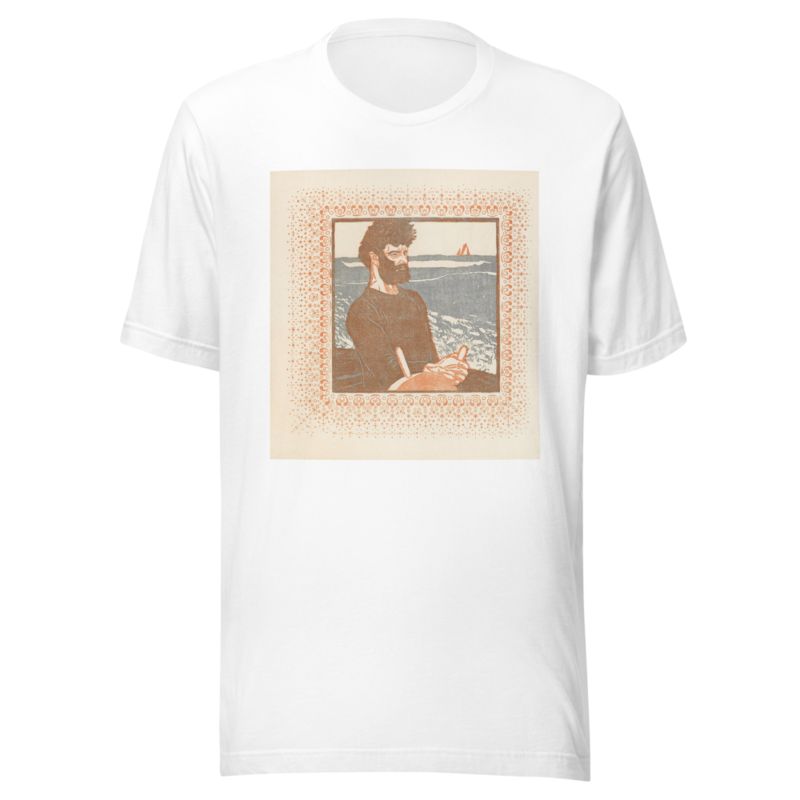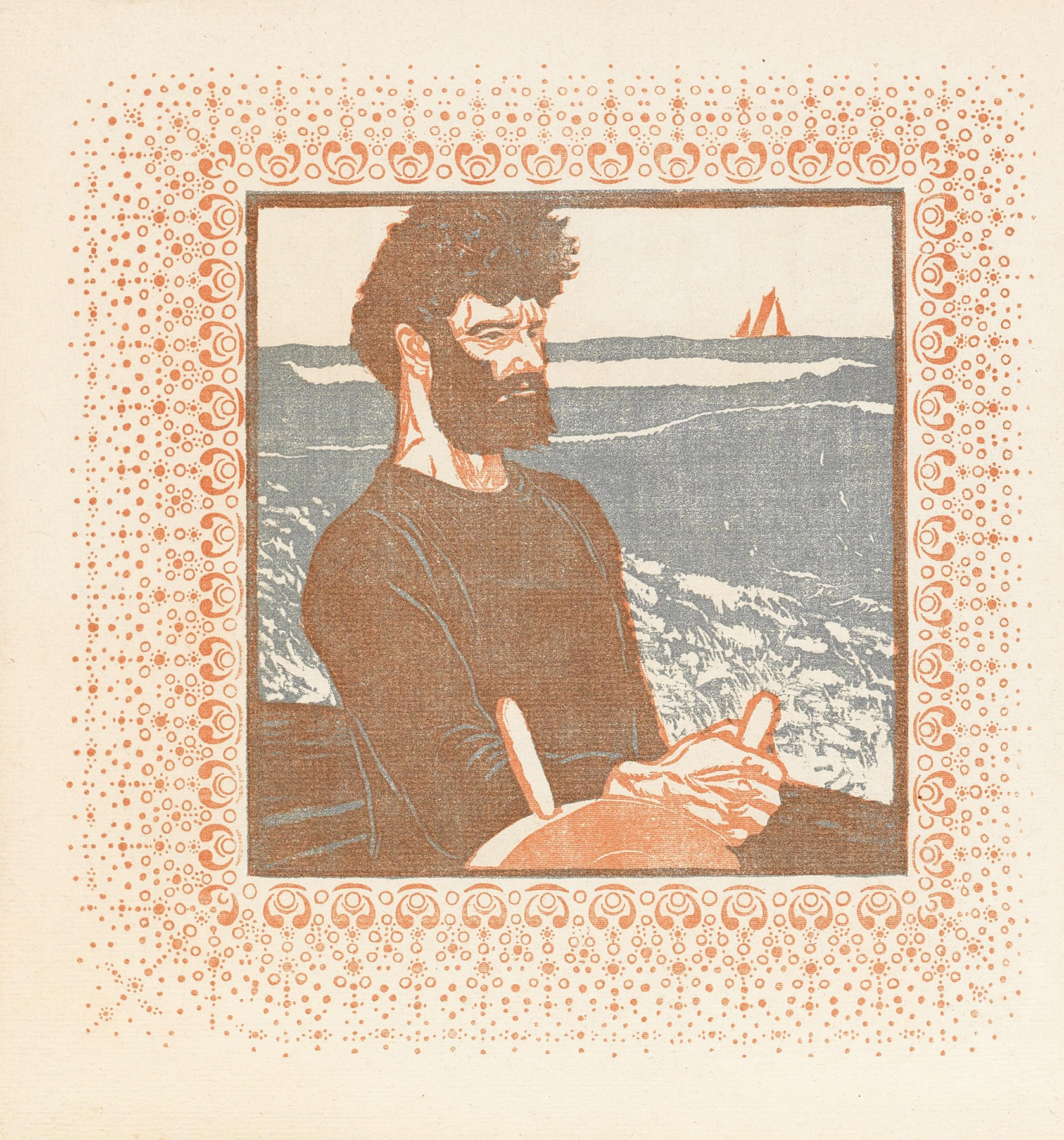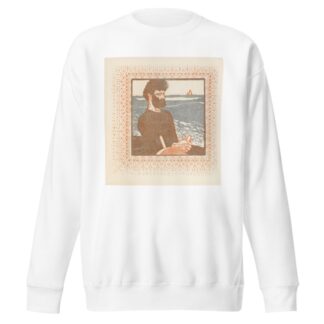Description
Heimwärts by Max Kurzweil printed on a T-Shirt
About the T-Shirt
Regular fit
Standard length, the fabric easily gives into movement
Casual wear
A classic, everyday option loved by our customers
Side-seamed
Constructed by sewing two parts together, creating a fitted look
The Unisex Staple T-Shirt feels soft and light with just the right amount of stretch. It’s comfortable and flattering for all. We can’t compliment this shirt enough–it’s one of our crowd favorites, and it’s sure to be your next favorite too!
- Solid colors are 100% Airlume combed and ring-spun cotton
- Ash color is 99% combed and ring-spun cotton, 1% polyester
- Heather colors are 52% combed and ring-spun cotton, 48% polyester
- Athletic and Black Heather are 90% combed and ring-spun cotton, 10% polyester
- Heather Prism colors are 99% combed and ring-spun cotton, 1% polyester
- Fabric weight: 4.2 oz./yd.² (142 g/m²)
- Pre-shrunk fabric
- 30 singles
- Side-seamed construction
- Tear-away label
- Shoulder-to-shoulder taping
- Blank product sourced from Nicaragua, Mexico, Honduras, or the US
Max Kurzweil (1867-1916)
Maximilian Franz Viktor Zdenko Marie Kurzweil was an Austrian painter and printmaker. He moved near Vienna in 1879.
Maximillian or Max Kurzweil studied at the Academy of Fine Arts Vienna with Christian Griepenkerl and Leopold Carl Müller, and attended the Académie Julian in Paris from 1892, where he exhibited his first paining at the Salon in 1894. He was co-founder of the Vienna Secession in 1897, and editor and illustrator of the influential Secessionist magazine Ver Sacrum (Sacred Spring). Kurzweil was also professor at the Frauenkunstschule, an academy for female artists in Vienna. In 1905, he was awarded the Villa Romana prize. His later works show influence from Edvard Munch and Ferdinand Hodler. As a consequence of private circumstances, made worse by his innate sense of melancholy, he committed suicide in 1916 together with his student and lover, Helene Heger. Despite his relatively short career, Kurzweil belongs to the most significant representatives of the Viennese Secessionist movement (along with Gustav Klimt).






Reviews
There are no reviews yet.